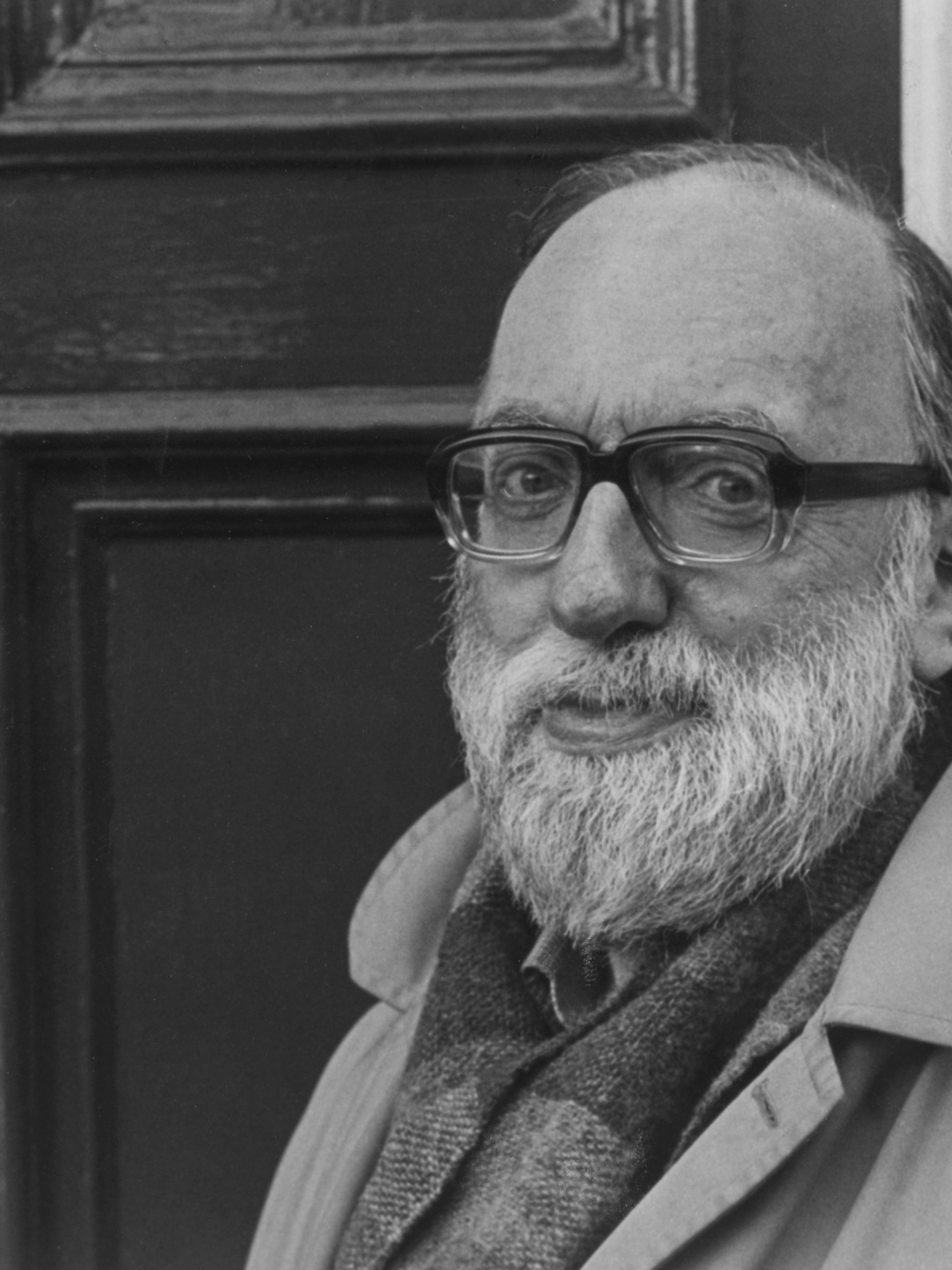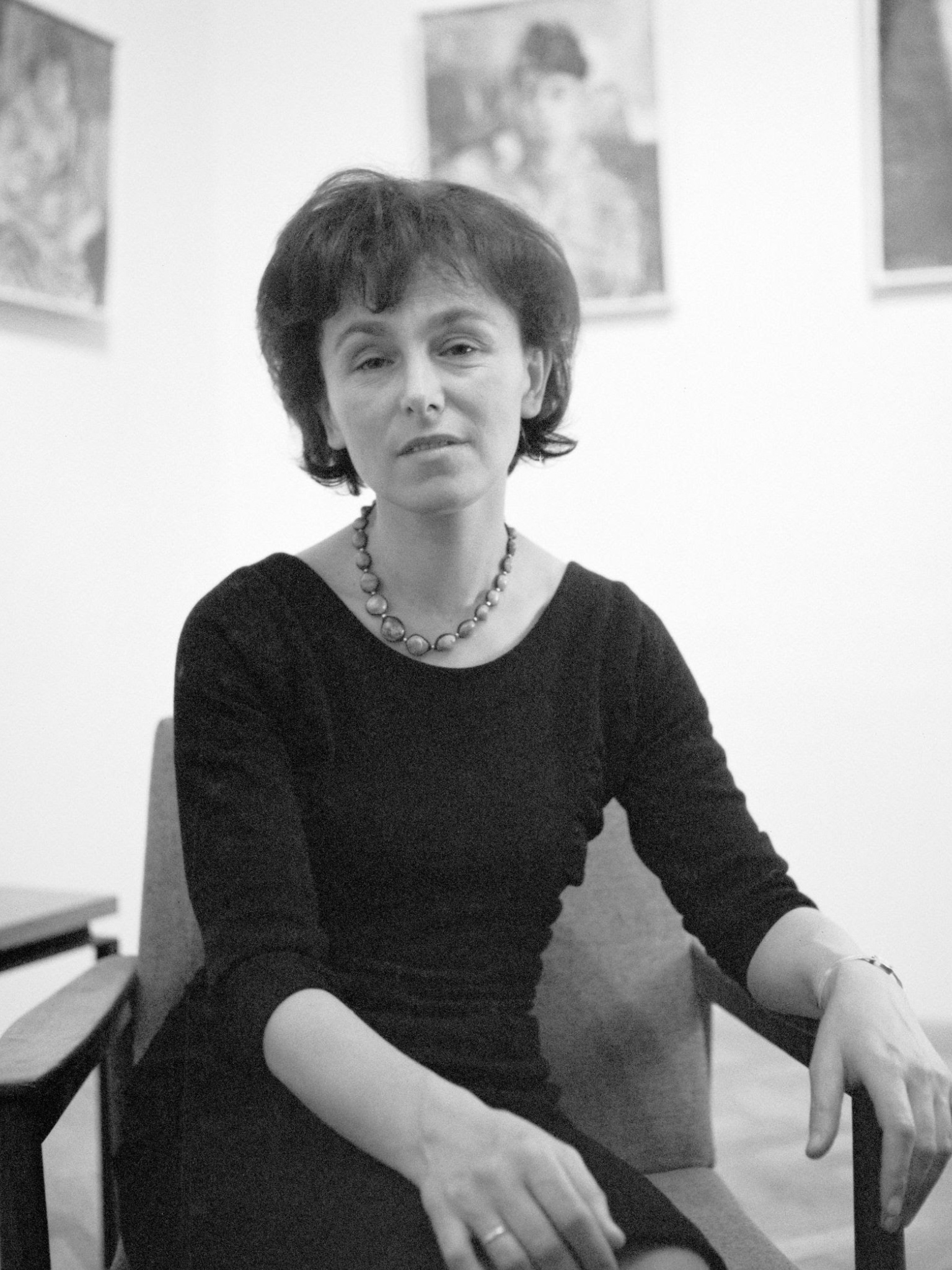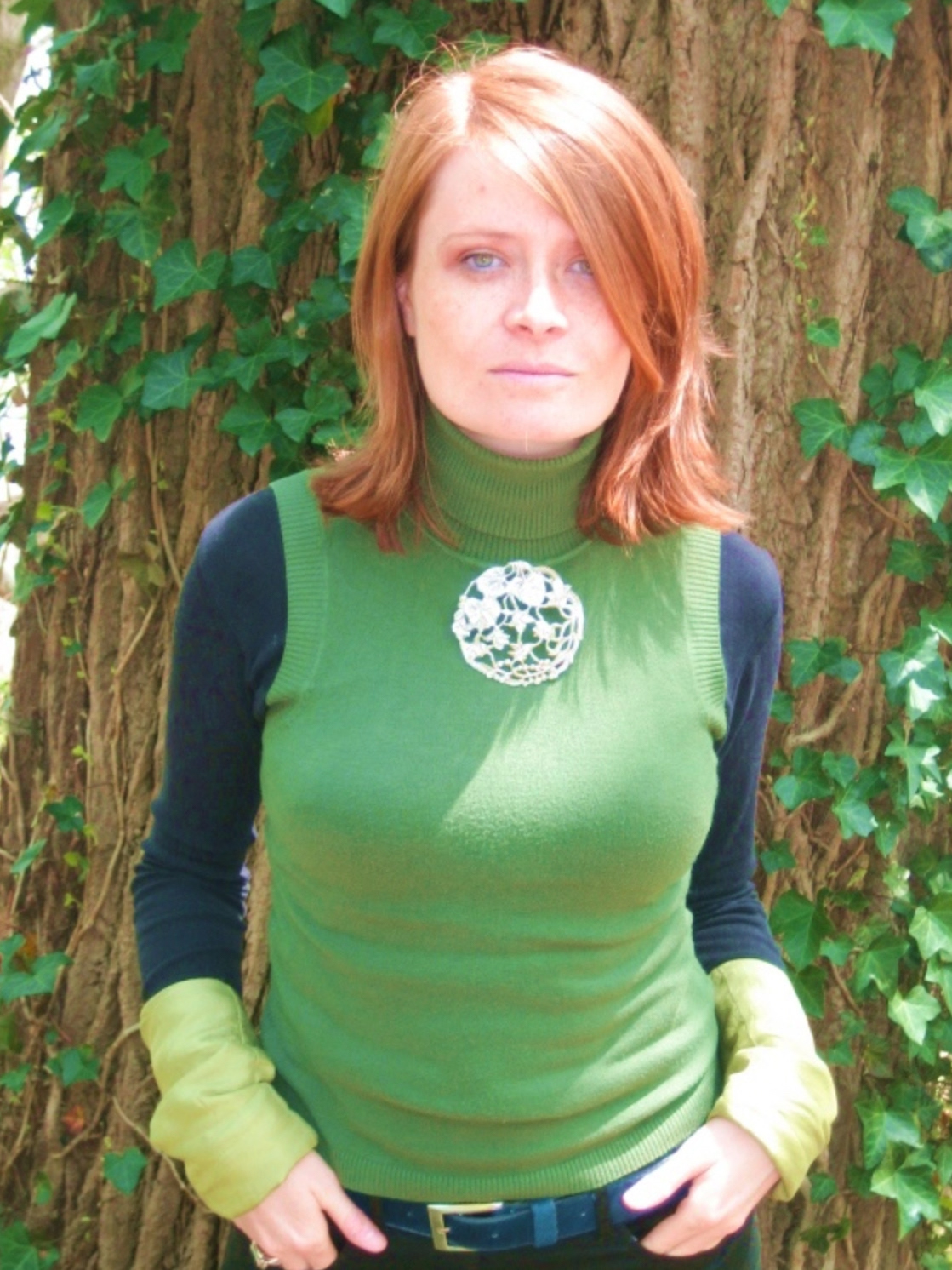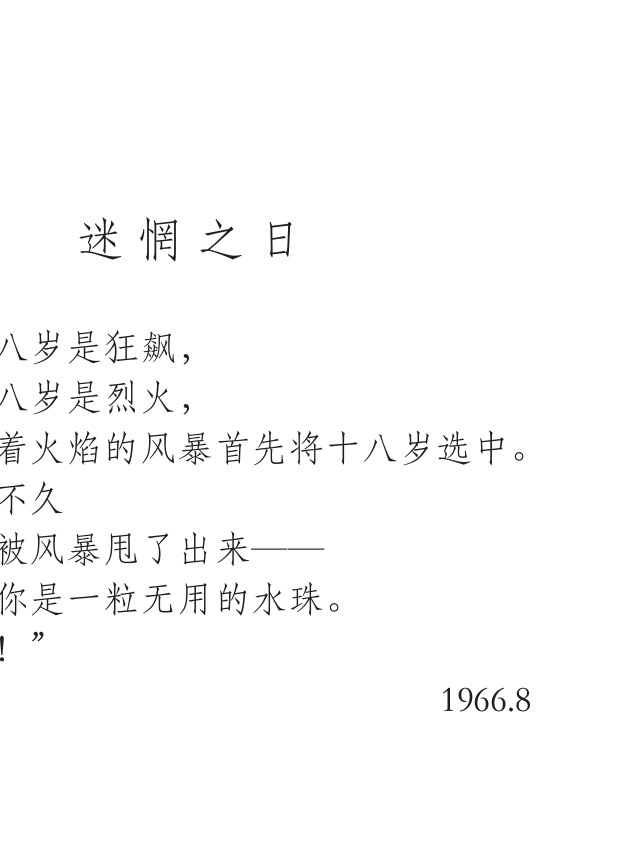Juan Forn (November 5, 1959 – June 20, 2021) was an Argentine writer, translator, and editor. He wrote four novels (Corazones cautivos más arriba, 1987, Frivolidad, 1995, Puras mentiras, and María Domecq, 2007), a compilation of short stories (Nadar de noche, 1989), essays (La tierra elegida, 2005, and "Ningún hombre es una isla", 2010)
Juan Forn had asked Jorge R. G. Sagastume to translate the essay that appears here into English, and it was first published with SIRENA: Poetry, Art, and Criticism (2005, Johns Hopkins University Press)
Voices in the Garden
I was a Pessoa fan when the enigma of his life and work was less public and less complex than what it is today. I’m talking about the 70s when his only known works translated into Spanish were those phenomenal poems that he had signed with his name, or rather with three of his heteronyms: Alberto Caeiro, Ricardo Reis, and Álvaro de Campos. Around that time, nothing was known about Bernardo Soares, the other heteronym, the voice of Libro del Desasosiego (released to the world in 1982 and translated into Spanish in 1984), or about the numberless sub-heteronyms (serious and not-so-serious) that Pessoa had used during his life, or of the existence of that famous trunk that Pessoa carried around each time he moved throughout Lisbon and that lay by his side when he died in 1935.
From a certain distance, I followed the phenomena initiated by the release of Libro del Desasosiego, unfolding that revealed a new heteronym and a new Pessoa: A Pessoa who wrote prose as impressively as he wrote poetry. The magnitude of Libro del Desasosiego (and the precision used to assemble the framework of his already-known work in the context and place of the heteronyms) overshadowed a bit the announcement that there were, still, at least four thousand pages more written by Pessoa, most of them in prose, and as different (or more) from those already known as Soares differed from Caeiro/Reis/de Campos.
More than two decades of work (and two different editors) were necessary to "ensemble" Soares' Libro from the many loose pages that constituted the work. Those who knew the remaining content of the trunk trusted that they would still have two decades to work on what was still unpublished while the literary world assimilated the new face that Pessoa's figure acquired with the emergence of Soares.
And quite honestly, they needed that time because if what remains unpublished, perhaps, does not reach the height and power of what its discovery meant (literarily speaking), it shows, in contrast, that we are still halfway from truly knowing Pessoa's pluralism, and that, if we learn patience, many more surprises await us.
I learned about all of this somehow by chance. During the first week of February, here in Villa Gesell, one afternoon, when I took the trash out, I bumped into one of the neighbors renting the house next door. He and his friends had come to Gesell for a week. Even though they didn't even enjoy one sunny day while they stayed, they did have a great time sitting around a little garden table –or on the porch when it rained–methodically emptying bottle after bottle of vinho verde, utterly oblivious to the bad vibes coming from the other tourists who cursed every morning, evening, and night because of the weather.
After a year of living in Gesell, I had never seen, in any of the supermarkets in the area, even one bottle of that white wine invented in Portugal. When I saw the empty case my neighbor was putting by the trash, I asked him where he had gotten the wine because I wanted to surprise my wife that night. He told me that they had brought the wine with them but that I could, at any rate, still surprise my wife. He invited me in and gave me a bottle.
They were two women and four men from Argentina and other countries of our continent. They were of diverse ages, but all were older than forty and irremediably Pessoans. All of them were "single," and all of them, apart from one, taught or used to teach at university, but all of them considered themselves equally "aficionados" to that "laic" because Pessoa was not associated with work to them –not to the academicians nor the other one–, but an excluding pastime that brought them together every year.
Not to Gesell; this was the first time here for five of them. But the meeting place was not necessary because what these people did each time was to continue developing, not in a very orthodox or academic fashion, a project that, I suspect, they hoped never to finish, the same way, it seems, as the supply of vinho verde that generously circulates during their yearly meetings.
This amiable and inoffensive lodge naturally accepts the issue of fractioning heteronyms. The literary analysis or psi is left to the "professionals": they only desire to slowly get to know, as far as it would be possible, all those who inhabited that republic of voices that represented "O Fegnandu", as all six of them called him, a little jokingly. (This is yet another difference between them and the rather unbearable professional Pessoans: they take with humor what keeps them awake, a sense of humor that is gentle as the drizzle, even when they laugh out loud, always silent, drinking vinho verde, glass after glass).
All six of them embraced Pessoa because he portrays, as no one else does, the sadness from which they also suffer: that combination of anguish and nonsense and fury and disdain and emotional paralysis (which, if we think of it, is almost the secret sign of our times). But, paradoxically, thanks to Pessoa's "sadness" (thanks to the multiple verbal fruits of that sadness, and not only those "canonized" by literary criticism), they can also endure their own: three hundred and fifty-eight days out of the year they endure it by themselves; seven days out of the year the take it together.
I don't envy their three hundred and some days, but I do envy them the week they spend together because, during those seven days, each one of them offers the other their findings. And these are people that give themselves entirely to their search. I am still determining by what means or the type of connections they might have. Still, they do it with a notorious efficiency, at least for a laic like myself, because during the two afternoons, they allowed me to sit among them to listen to their endless discussions. I discovered at least seven Pessoas that I didn't even know existed.
For example, the author of a voluminous (and unconcluded) treatise on prosody and grammar entitled Defensa e ilustración de la lengua portuguesa, where shows that the Portuguese language is a language lacking, unlike others, "that infinite abundance that is harmful, and that sterile succinctness that limits us when it comes to writing letters," and that "it is not as flowery, falling into flattery, and it is not as arid forcing the writer to resort to other languages" when it comes to telling a friend something. (During other monarchic and megalomaniac moments of his life, another Pessoa intercepts, correcting the latter: "In the Fifth Empire, to learn and to teach, English will be used, and to feel and to express oneself, Portuguese will be used").
And one also finds the Pessoa-inventor, a cross of Arlt and Giro Sintornillos, who in vain dreams of commercializing a new type and a "better organized" typewriter, a "synthetic" yearbook, a system of paper for writing letters that comes with an envelope attached and with a universal code of five letters—in those moments in which "I need seventy dollars a month for expenses, but I only have a salary of thirty" (this is written in English, but not using a herald or pounds as a standard but a currency that in 1913 was far from becoming the World Financial Esperanto that would be adopted beginning with the end of the Second World War).
There's also a fleeting Pessoa-publicist who invents a slogan for Coca-Cola ("Primeiro estranha-se. Depois entranha-se"), which had such a powerful effect that the Portuguese Ministry of Public Health confiscated all these newly imported beverages coming from the United States, claiming that they contained a type of stupefying substance causing addiction.
Also, the successive Pessoa-politicians appear, discussing among themselves in a series of brainy treatises (all of them unconcluded and almost all of them to the antipodal single political text published while he was alive: the sadly renowned "Defensa y justificación de la dictadura militar en Portugal," which he later denied). Some titles of these treatises: Diálogos sobre la tiranía, La opinion pública (where he maintains: "to be a liberal is to hate one's country, modern democracy is an orgy of traitors"), Teoría de la república aristocrática, El prejuicio revolucionario, La república portuguesa, and El hombre, animal irrational, whose points of departure are often the same (how can it be possible to establish the social contract if men don't love each other) and including phrases such as the following: "To say that Teixeira de Sousa was responsible for the fall of the monarchy is the same as to conclude that the death of an ill man was caused by the comma that preceded his death."
There's another Pessoa, the unusual managerial theoretician, who, from the ephemeral pages of the magazine Revista de Comercio y Contabilidad, co-founded with his brother-in-law, offers opuscules for business managers including maxims such as: "The businessman has no personality; he has a business," and flashing reflections like: "In the same way our bodies delegate a specific function to a specific organ, the manager of an institution delegates a precise function to his subordinate. To delegate a function is to entrust it to someone else, which means that the individual delegating the responsibility voluntarily becomes inept in executing the responsibility entrusted to himself. And in this resides the secret to any efficient and successful enterprise: there's a hierarchy in titles; there's no hierarchy in functions".
Of course, the Pessoa-occultist also exists. One early morning in 1930, on the Lisbon docks, Pessoa welcomes the Satanist Aleister Crowley, who had been expelled from Italy, France, and England ("What an idea you had, to send this fog to welcome me," said the visitor to his host as soon as he arrived). The episode ended with the apparent assassination or suicide of the Satanist on a cliff near Cascais called A Boca do Inferno. (Not just the Portuguese police but also the Scotland Yard exhaustively interrogates Pessoa until Crowly reappears safe and sound in Germany).
And, at last, my favorite, or the seeds of my favorite among all the Pessoas: the enraged, inconsolable Álvaro de Campos, the author of that poem which is my very favorite of all the poems in this world, Tabaquería. Years before Álvaro de Campos' appearance, Pessoa "was" a temperamental youth successively nicknamed Charles Anon and Alexander Search: "to be alive, an animal, a mammal, biped, primate, placental, anthropoid, single, megalomaniac, dipsomaniac, first-rate degenerate, a poet with pretensions of humorist, a citizen of the incurably idealistic world, who, in the name of truth, in the name of science and philosophy, without bells, books, or a paschal candle, but with a quill, ink, and paper, I pronounce the sentence of ex-communication against all priests and followers of all religions of this world."
In a satirical prediction entitled Francia en 1950, Anon/Search announces a society where incest will be mandatory, and it will be trendy to measure one's penis in public, but: "shame on anyone who is amused by this satire and be damned who finds it funny." When he announced his epitaph, he did it as follows: "He died at the age of twenty. His last thought was damned by Nature, Men, and God". He was the first of the Pessoas to feel pity for the limitations of language "because all words are fatally Christianized," the same way the author and defender of the following aesthetics felt sorry for these limitations: "Art is the clear representation of a false impression (the clear representation of an exact impression is called science). The artistic process consists of narrating this false impression in such a way as to appear natural and truthful. Sincerity is the great obstacle the artist needs to overcome. Only constant discipline, training leading to perceive everything literarily, may elevate the soul to such height".
As I said, my neighbors stayed in Gesell during the first seven days of February. Shouting or loud laughter was never heard coming from their garden, but all one needed to do was to peek through the window to feel that they were still there, absorbed in their endless literary gathering, shaking off their sadness with silent laughter. (The supply of vinho verde was gone by the middle of the week, but they continued their discussions with regular white wine).
I went out to say goodbye to them the day they were leaving. It was still cloudy and cold, but it wasn't raining. One more time, I wanted to thank them for the bottle of vinho verde they had given me for my wife and all those things about Pessoa they had shared with me. Still, all of a sudden, I could tell they felt uncomfortable, revealing that very slight desolation that brought them together. I stayed on my side of the garden, watching them load their things into the taxis that would take them to the bus station, wondering whether they had chosen Gesell to meet this year because they knew it would rain all week.
Before getting in the car, the one who gave me the bottle appeared as if he were reading my mind, because he gave me the saddest and most transparent smile I had seen in a very long time, he looked up and said: "How sad, tomorrow it will be a sunny day."








